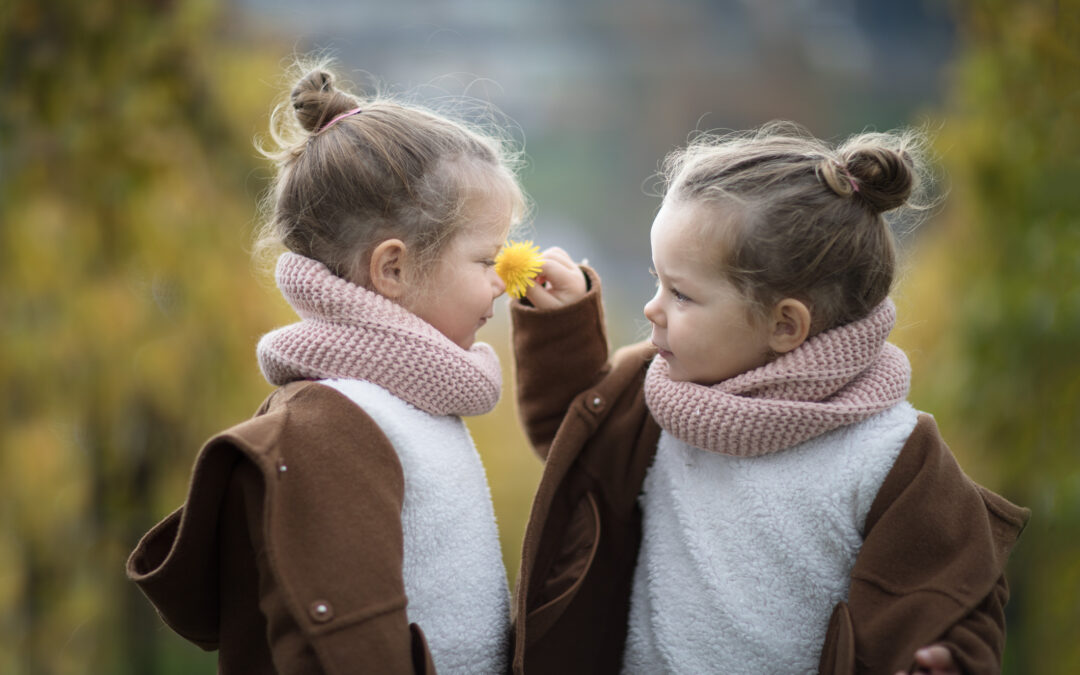“I don’t feel so alone in the world” (Sandy, 8 February 2021 on BBC News) This was not a conversation about isolation caused by Covid-19 which has dominated most people’s narrative over the last year, or someone who was beginning to see some light at the end of the tunnel. This conversation was about a care experienced young person who has felt alone in the world, for the biggest part of their life.
As a toddler they needed to be cared for away from home – isolated and separated from their brothers and sister. This left a gaping hole, physically and emotionally, often hidden from sight because it wasn’t discussed. But in reality, that gaping hole or the impact on the child and their behaviour was in plain sight of the team around the child. The status quo remained however, for many years.
Over the last 4 years this feeling of being alone and isolated has lifted, gradually. Small steps, mostly forwards, some backwards but a journey of identifying tracing and re-connecting to the brothers and sister lost over 15 years ago.
Edinburgh’s Lifelong Links service was in its infancy when we started working with Sandy. Edinburgh had recognised the need to transform our practice with too many of the children we care for losing many important connections as their care journey moves on. We should not be complicit, youngsters we care for should not feel alone and isolated in the world.
While Lifelong Links will identify any individual a young person deems important to them, we were not anticipating the numbers of requests to find brothers and sisters, the very people who have walked in your shoes, with whom you share a history that few others will truly ever understand. The people that many of us will experience our longest and most enduring relationships.
Are they happy? Are they safe? Questions often asked of coordinators by a youngster when they start with Lifelong Links. Youngsters have often “held” these questions deep within for a very long time, but they desperately want to know about their brothers and sisters. In Edinburgh we are working with children, some who have no idea where their brothers and sisters are now and when asked will say to coordinators, they didn’t want to ask, often out of concern about upsetting the people who care for them. Some youngsters have brothers and sisters born after they were removed from the family home, but they are still their family, they do feel connected and do want to try and make that connection.
While the young person and their brothers and sisters will ultimately determine the outcomes, what happens within the Lifelong Links process is guided by a co-ordinator. Not all outcomes are positive, but by allowing exploration, questioning and recognising the need and desire to connect with absent brothers and sisters, young people can be supported to understand why they are in care, to build a support network of a restorative nature or to achieve closure.
There are no fixed timescales for Lifelong Links, it is the youngsters who lead and dictate the pace that makes sense to them, really whatever they need at any given time. It is a process that can span just a few short weeks, or months to years. What is important is that this we truly recognise the importance of brothers and sisters.
This is transformational work, Sandy explains why in this video clip:
Thanks to Edinburgh’s Lifelong Links Service for writing this article.
